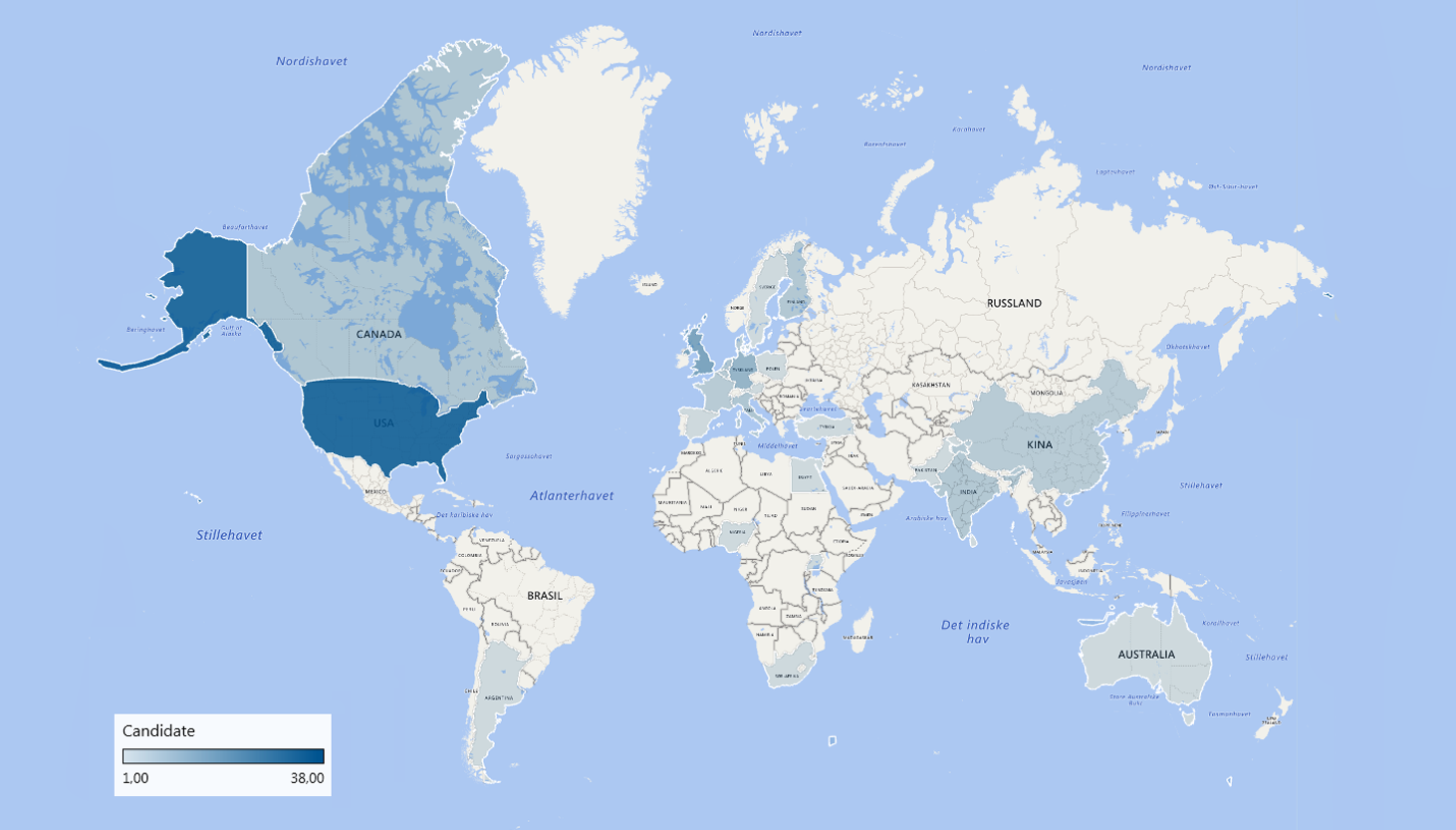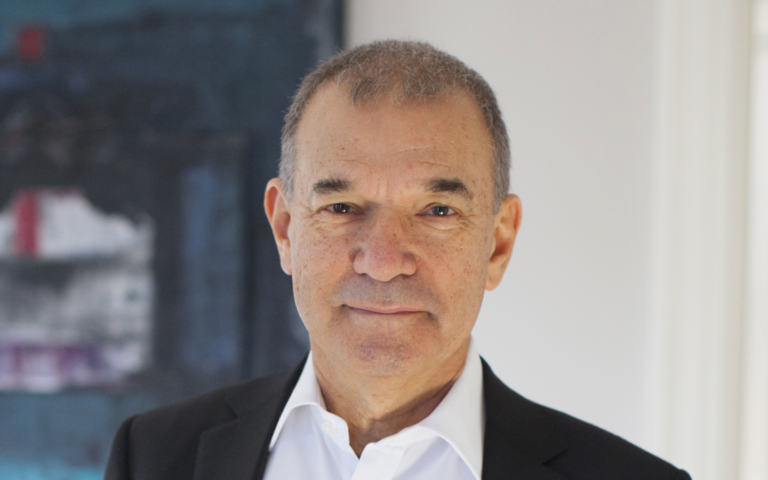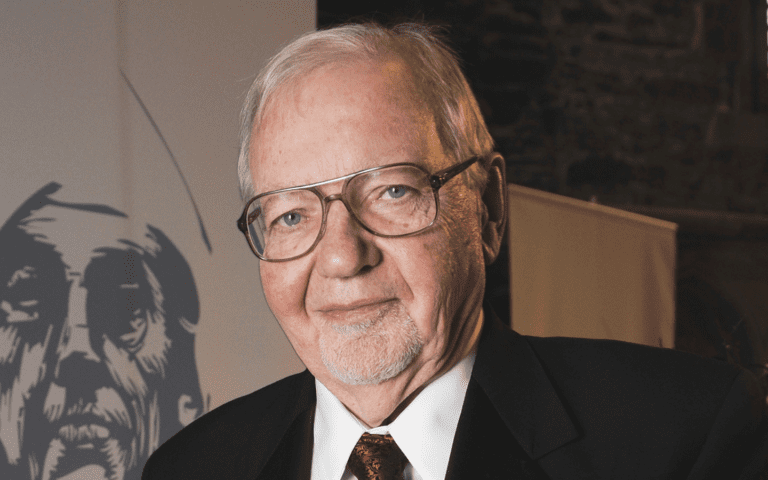
The Holberg Committee met in Vienna 20-22 October and decided on the final shortlist for the Holberg Prize 2017. We are now one step further along in the process of selecting a Holberg Prize Laureate for next year.
The Holberg Prize is awarded annually to scholars who have made outstanding contributions to research in the arts and humanities, social sciences, law or theology. Since August, the Holberg Committee, lead by Chair Pratap Bhanu Mehta, has been working to put together a shortlist of candidates for the prize. The Committee has had a challenging job selecting the best candidates from an impressive list of nominees. The Holberg secretariat received 109 nominations for 99 candidates by the deadline 15 June. This is the highest number of nominations since the start in 2003, and the highest number of unique candidates to date.
Geographically, most nominations and candidates came from the United States, Canada and Europe, while there are relatively few nominations from Asia, Africa and South America. With regard to academic distribution, there are particularly high numbers for law and psychology this year.
What happens next?
The Holberg Committee consists of internationally renowned researchers within the academic disciplines covered by the Holberg Prize. The secretariat supports their work in practical matters, but otherwise the Committee works independently in their consideration of the candidates. Now that the shortlist is ready, referees with in-depth knowledge of the candidates’ work are asked to write assessments.
The Holberg Committee will meet again in February to discuss the shortlist and the referees’ assessments, and decide on their recommendation for the Holberg Prize 2017. Based on the Committee’s recommendation the Holberg Board appoints the Laureate. The name of the Laureate will be announced on 14 March, 9:00 a.m. (CET). The annoncement ceremony in Bergen will be broadcast live online.
Call for nominations for 2018
Scholars holding a senior position at universities and other research institutions in the above mentioned academic fields are entitled to nominate candidates for the Holberg Prize or Nils Klim Prize. The nomination form for 2018 will be made available in November. More information about the nominaton process is available on this page.
Last edited:
Published:
Related content

“Everyone dreams at night”: Interview with Stephen Greenblatt
What are the paths and life events that have led 2016 Holberg Laureate Professor Stephen Greenblatt to where he is today? Where will he go from here? How will the humanities survive the current crisis? Those are some of the questions Greenblatt answers in this exclusive interview.

About Fredric R. Jameson
Fredric R. Jameson (born in 1934 in Cleveland, Ohio) is one of today's most important and most influential cultural theorists. He has done more for the contextual study of culture than any other living scholar. Over the past four decades, he has developed a richly nuanced theory of how modern culture – in particular, literature, painting, cinema, and architecture – relates to social and economic developments.

About Ian Hacking
Ian Hacking (born in 1936 in Vancouver, British Columbia) is one of the world's leading scholars in the fields of philosophy and history of science. He has made important contributions to areas as diverse as the philosophy and history of physics; the understanding of the concept of probability; the philosophy of language; and the philosophy and history of psychology and psychiatry.

